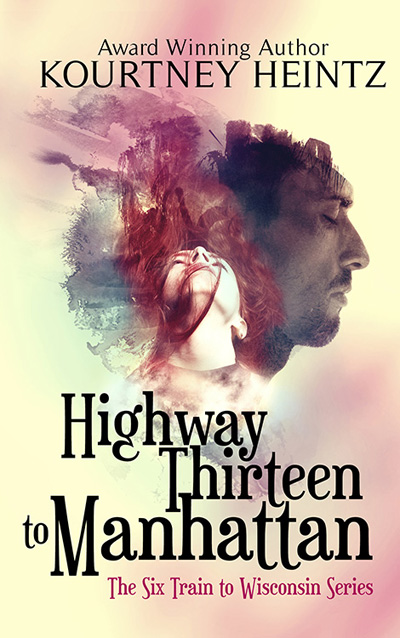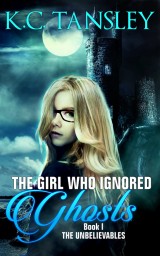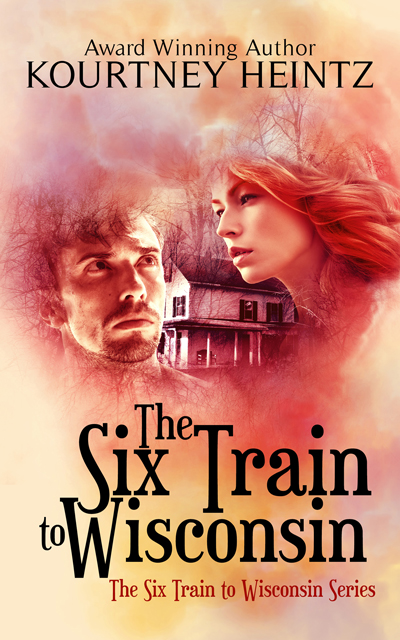Kourtney: Today, I’m thrilled to have the brilliant K. Lyn Wurth here for an author Q&A. After reading her debut novel, I have a writer crush on her. I think you will to!
K. Lyn: Thank you so much for your enduring interest in and support of my novel, Kourtney, and for this appearance on your blog!
1) The Darkwater Liar’s Account is one of the most thought-provoking, breathstealingly beautiful novels I read in 2013. It lingers with me long after I closed the book. Can you tell everyone what the story is about in a few sentences?
I’d describe The Darkwater Liar’s Account this way: A woman farmer in 1968 Nebraska has secrets…her complicity in Nazi Germany haunts her and her family in a legacy of violence, as she struggles with a debilitating terminal disease.
Time is running out, she’s falling in love and she wants to make things right. After finding an old ledger in her farmhouse basement, she uses it for confession, courage, and a call to action.
2) It is a really cool blend of historical, literary, and fictional memoir. I know you mentioned your grandmother’s ledger was a jumping off point for the story, but how did you decide to bring in WWII Germany and pre-WWII London?
My interests in World War II, Nazi war criminals, eugenics and my German-American family’s roots in southern Nebraska first led me to speculate about a complex character who could hide in plain sight on the Great Plains.
That’s how Brigitta, aka Bridget, came to be, with her convoluted past. When my mother entrusted a family heirloom, Laura’s ledger, to my care about three years ago, I fell in love with it, hearing my grandmother’s voice through her handwriting. Studying its pages, I saw the ledger could be Bridget’s vehicle for redemption.

Heim Hochland, the Lebensborn children’s home where Bridget worked as a nurse in Steinhoering, Germany. Photographer unknown.
3) Your book is so vivid, how much time did you spend researching places and events? You struck the perfect balance, immersing a reader. Any tips on how others can do that?
I hesitated to write about places without having traveled there, and yet, the places in my story, especially those in wartime, would be unrecognizable today.
I respect and aim to embrace history, to reflect that a specific place is a factor of a specific time, people and events. My novels demonstrate my fascination with history, while my short stories are usually contemporary.
To synergize historical evidence and imagination, I examine photos and first-person historical records. I trace etymology, including British language and slang in the early 20th Century and Bavarian dialects—language changes history, and vice versa.
Medicine, music, science, literature, theater—I immerse myself in the cultural history and artifacts of each place and time. I even study topographical and military maps, weather archives and moon phases!
Not every plot point or character was in my first outline. Often, as I leafed through period magazines, books or photos, something or someone perfect would present to enhance the story. For example, that’s how the character of George, mathematics, geometry and what we now know as fractals entered the story. Plot outlines may be great insurance, but serendipity is a writer’s best friend…
4) Your first person POV is one of the best I’ve ever read. How did you develop Bridget’s voice?
Thank you!
Before I started the novel, I pondered her childhood experiences, family members, friends, what she read, the places she lived, the people she loved and grieved for.
Her voice, her syntax, took a while to develop; she’s British, but also fluent in German. She then became somewhat Americanized, so I tried to reflect those changes in her language. Much of what I imagined didn’t appear in the novel, but it’s woven into her fabric.

The stolen, gold-leafed bottle of Lalique d’Orsay, which held so much more than perfume. Photographer unknown
5) The domestic violence was painfully realistic. Your insight into how each person in the household responded to it felt so honest. How did you go about getting into the mindset of the characters?
A few domestic violence survivors told me they couldn’t get through the novel, even through the opening scene, because of that realism. Others said it held them through the story and brought Bridget to life for them.
My own childhood experiences with violence in family life, and working with women and children in health care, made it both easier and more difficult to write this novel; experience made it both possible and necessary.
Only a generation or so in our past, women weren’t allowed to talk about this; victims were blamed for the physical and emotional abuse they suffered, and in many cultures they still are.
In part, I wrote this story for them, and for the children shaped by their parents’ anger and terror. History professors like to say we’re only one generation away from barbarism. For children in domestic violence, barbarism is a heartbeat away and too often becomes their legacy.
6) Any advice you can share with fellow writers on the indie author experience?
Kourtney, I wouldn’t have had the courage to publish my novel, without seeing you forge ahead through indie waters. You made it seem possible, and when I began to research it, I immediately saw the advantages.
Sorry to interject here, but I have to—I’m so glad you did. This book represents the best that indies have to offer. Thank you for doing everything the right way. It shows on every page of the novel.
One of the greatest complaints about indie authors, sometimes justified, is that we can put our work out there before it’s ready. For this novel, I set out to master revision, using several different approaches to manage my manuscript.
After setting it aside for months, I spent a year on revision, with the help of beta readers. As indies, we don’t have the safety net of a publishing house to make sure our work is top-notch. It’s up to us.
As for advance marketing, I cultivated a Facebook presence and a website with topics from the book, more than a year before the publication date, to attract readers predisposed to like my novel. Those people proved to be my first purchasers and key allies.
Not every social media outlet works for everyone, though. I’m an absolute failure on Twitter. I can’t figure out who I’m talking to, and it makes feel like a crazy old lady muttering to myself! You need to find your fit. Independent publishing is a rapidly-changing business, and I’m constantly learning.
***
K. Lyn: Thanks, Kourtney, for this interview. I hope you’re busy writing. I’m looking forward to your Six Train sequel and other fiction from you…soon!
Kourtney: Thanks so much for stopping by K.Lyn! You are on my must read list of authors. I’m eagerly anticipating your next release!
Summary of Novel:
When a roadside explosion of family violence propels Bridget to her farmhouse cellar for refuge, she finds a tattered ledger, long since abandoned by a farmer named Laura. Here she aligns the perfect confession and collaboration;
resolved to alter the surge of history, Bridget reclaims her memories of complicity in Nazi Germany and calculates her receipts, before yet another person dies on her account.
Bio:
K. Lyn Wurth lives in rural northwest Iowa, where she writes fiction that considers health, family life, regional experience and history. Her short fiction has appeared in The Examined Life Journal, St. Anthony Messenger, The Broadkill Review and The Arduous Touch: Women’s Voices in Healthcare (Purdue University Press.)
For more information on K. Lyn Wurth, for excerpts and to purchase The Darkwater Liar’s Account, visit: http://www.klynwurth.com










28 Responses to Peeking Inside Brilliance–My Q&A with K.Lyn Wurth